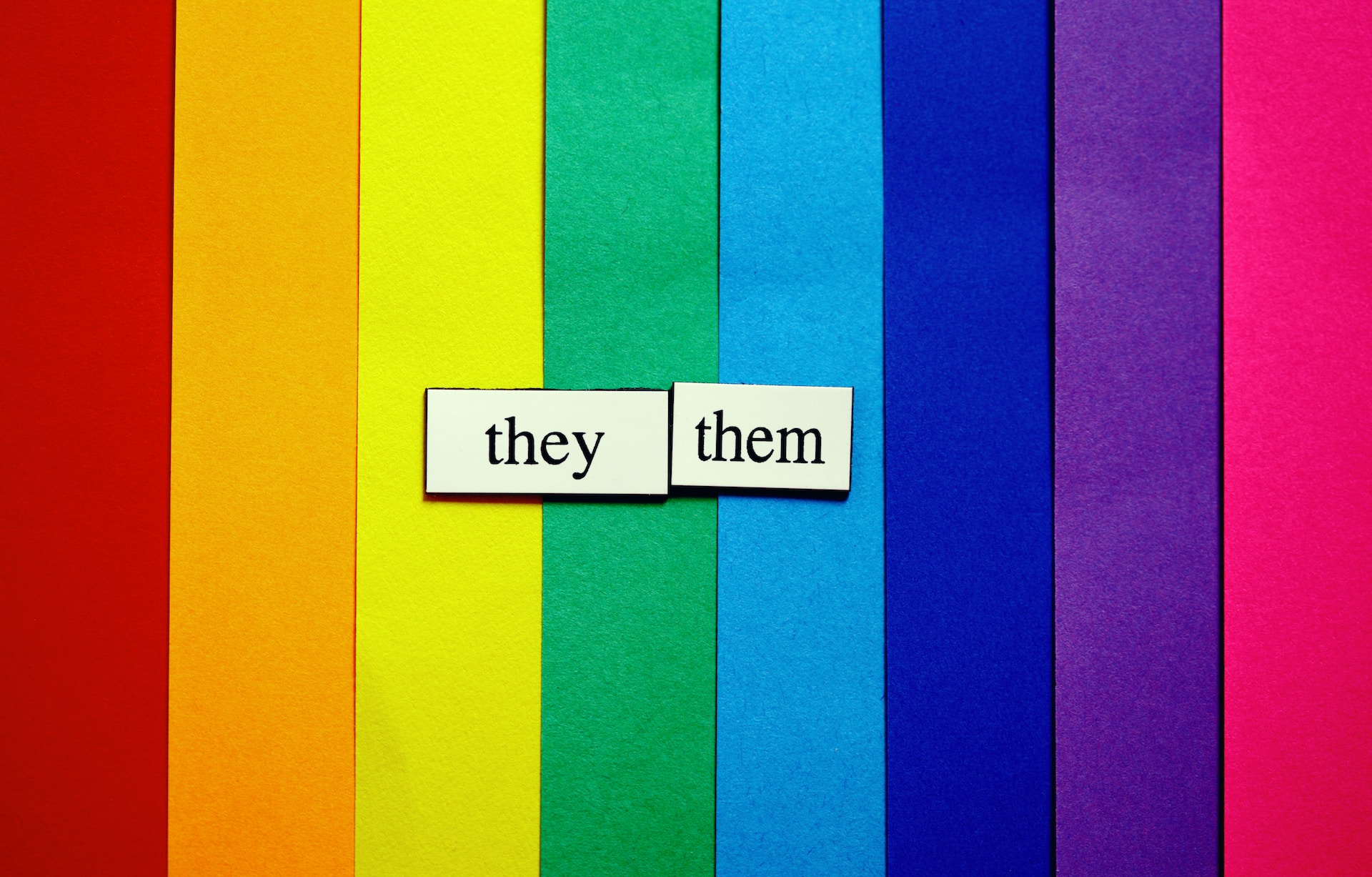Family Told to Remove LGBTQ+ Rainbow Canopy in Bristol

In a recent clash between personal expression and historical preservation, the Aylmer family in Bristol faces a dilemma. Their home’s LGBTQ+ rainbow canopy, a vibrant tribute to both the National Health Service (NHS) and LGBTQ+ equality, has been deemed harmful to the historic city’s skyline by Bristol City Council.
A Symbol of Support and Healing
The decision to install the canopy was not taken lightly. Ken Aylmer, speaking to The Independent, explained that the colorful addition was inspired by his wife Illona’s successful cancer treatment through the NHS, and their daughter’s passionate advocacy for the LGBTQ+ community. The family felt the need to visibly express their gratitude and support.
Community Backing Meets Official Rejection
The Aylmers, aware of the need for official approval, submitted a retrospective planning application to the council. Despite overwhelming public support, with 107 in favor and only 34 against, the council rejected their application. Historic England cited the canopy’s “modest degree of harm to the building heritage significance” as a key reason for this decision.

A Clash with Conservation Aesthetics
Located in a row of grade II-listed properties, the Aylmers’ canopy stands out amidst the traditionally muted colors of Bristol’s conservation areas. An official from the council highlighted the potential impact on the character and appearance of areas like Clifton, Hotwells, and the city docks.
Seeking a Compromise
Faced with opposition, Mr. Aylmer has expressed his willingness to compromise. He acknowledges the vibrant nature of the canopy, which doesn’t align with the typical Georgian color palette. However, he remains committed to finding a solution that respects both the historical significance of the area and the canopy’s importance to the community.
Diverse Opinions on the Canopy
While some critics argue that the canopy detracts from the area’s aesthetic, Mr. Aylmer and many supporters see it as an enhancement, adding character and drawing attention to the beautiful views of the city. He hopes to propose a new awning design that better fits the Georgian style while still honoring the canopy’s original intent.
The situation in Bristol underscores the ongoing debate between preserving historical aesthetics and allowing for modern expressions of culture and identity. The Aylmer family’s story is a poignant reminder of the challenges faced in balancing these two important aspects of community life.
©equalityvoices.org


















